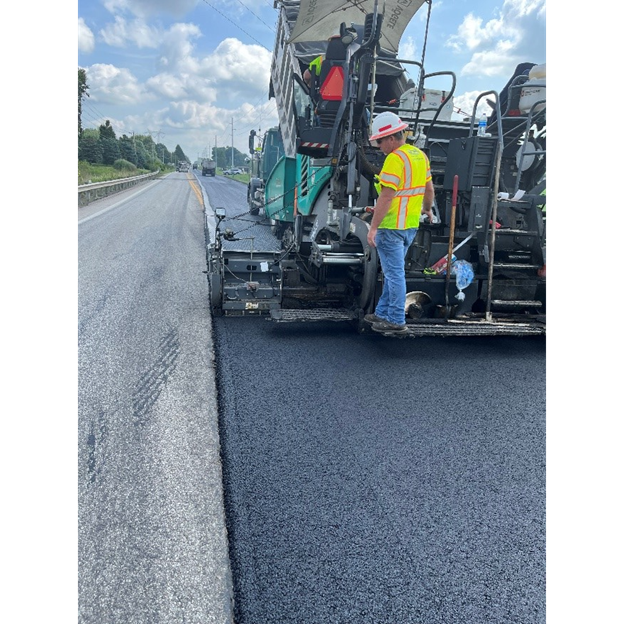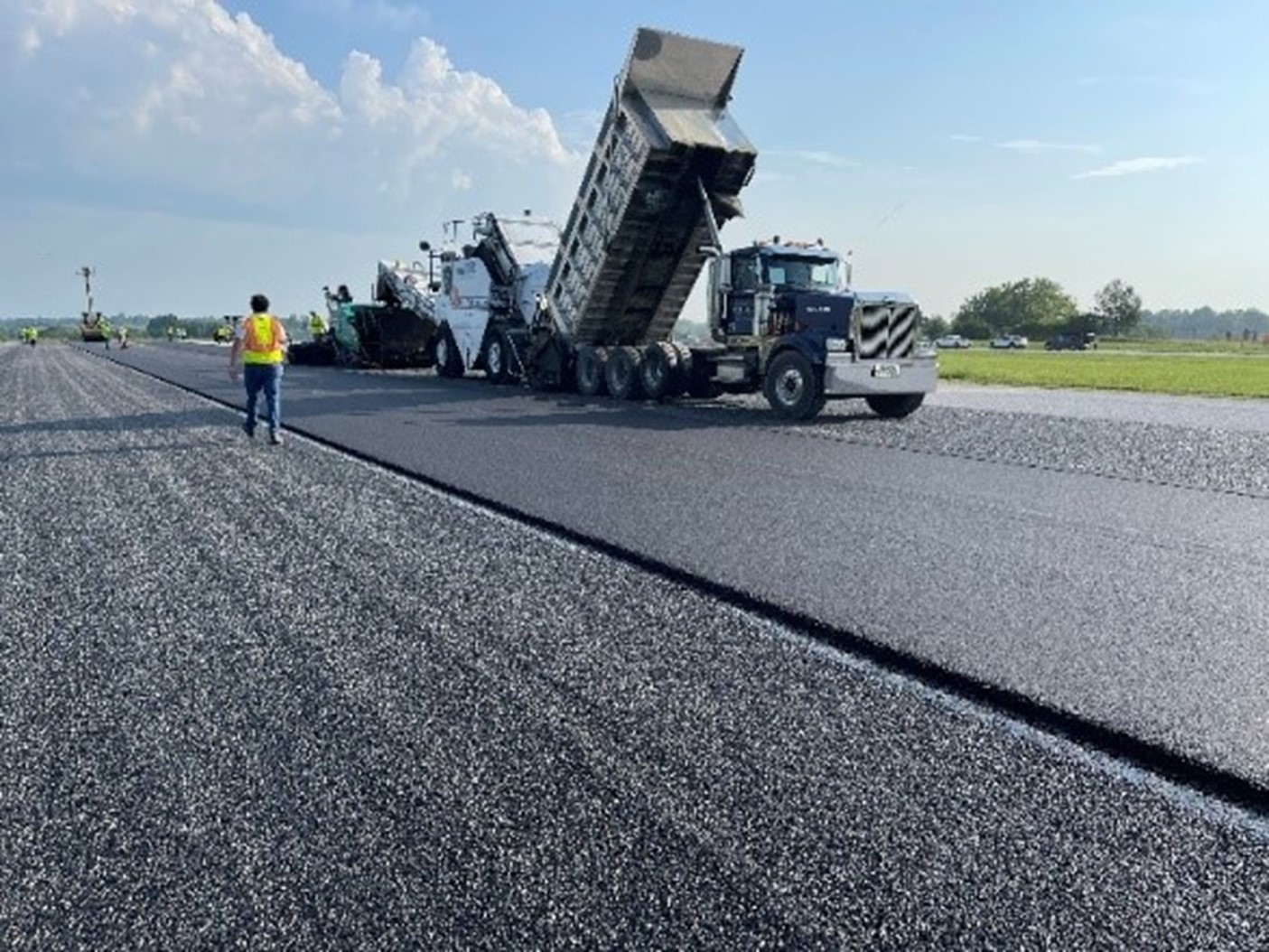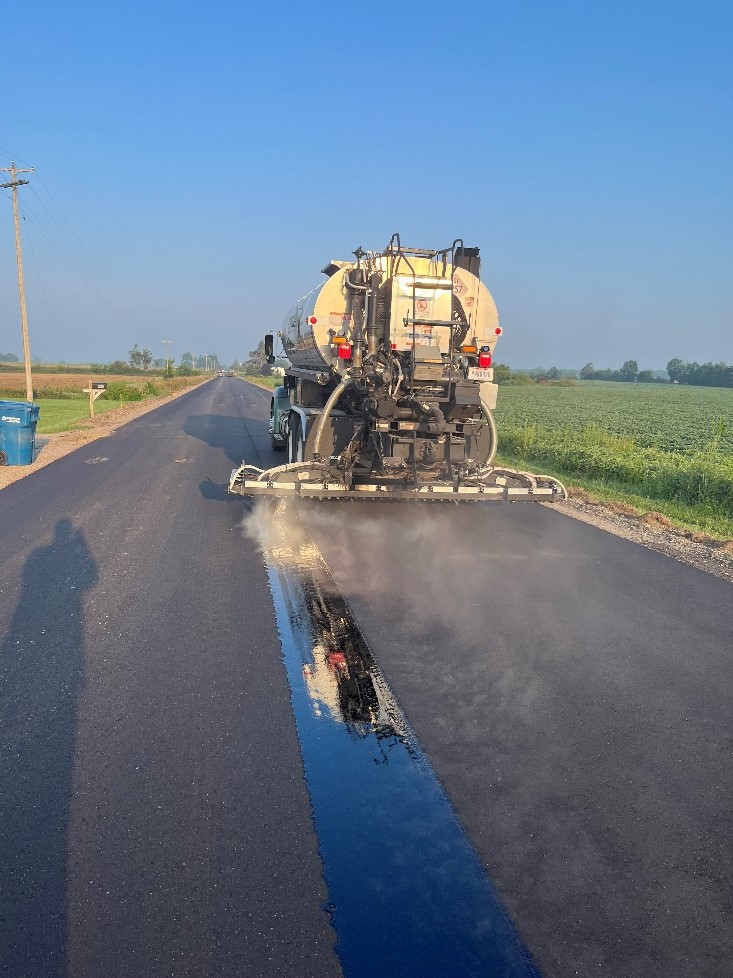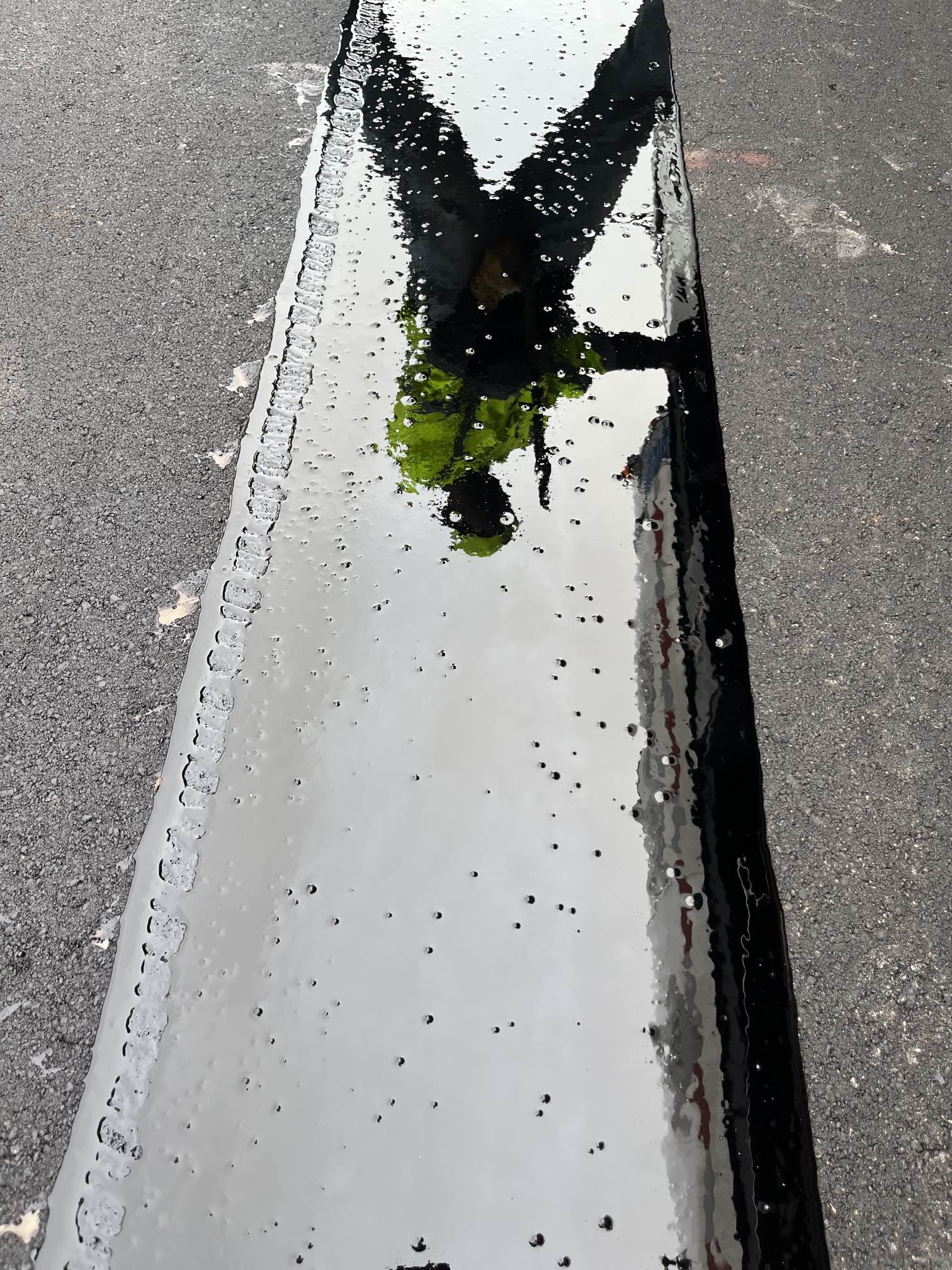Pavement preservation due to longitudinal joint cracking has been a recurring problem for a long time. Not only is this an issue for road construction engineers, but for applicators, drivers, and those that live in the community. J-Band®, Asphalt Material Inc.’s void reducing asphalt membrane (VRAM), significantly reduces air voids...






